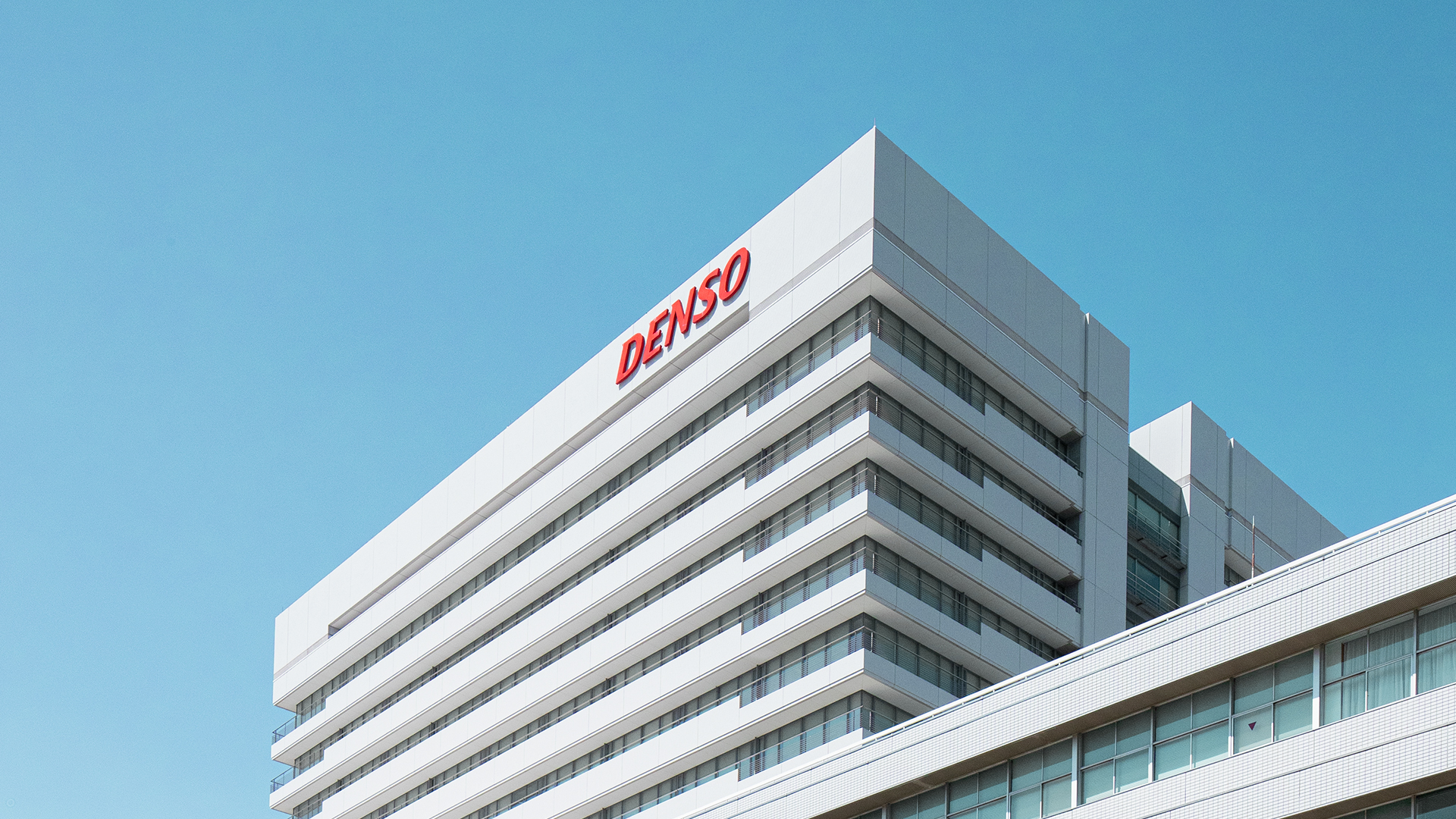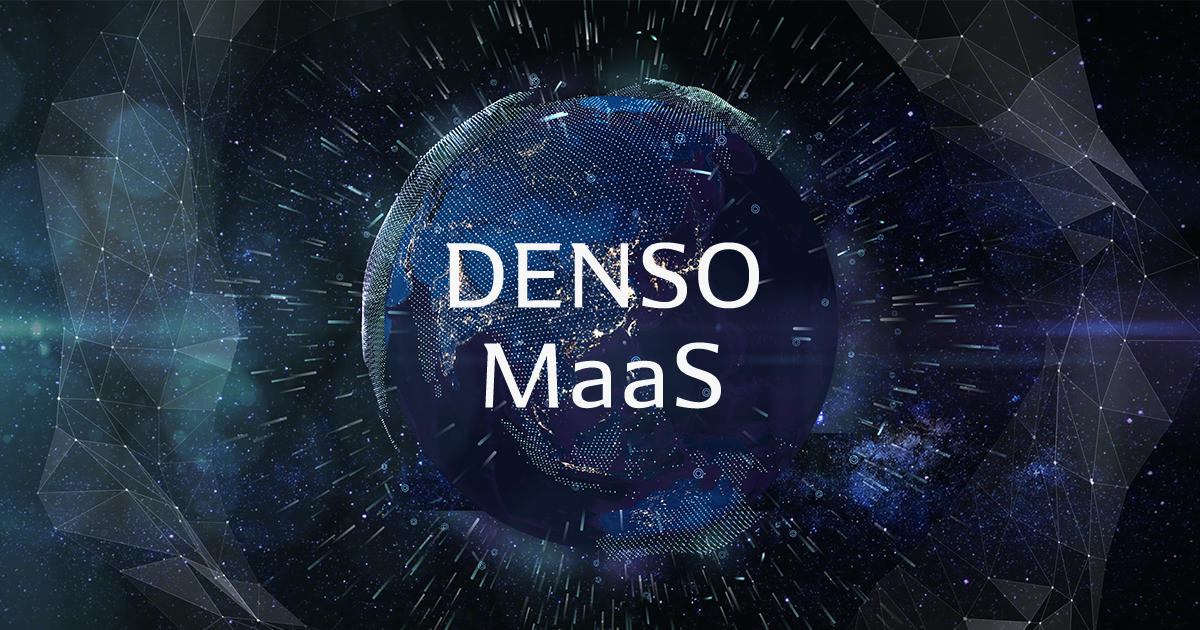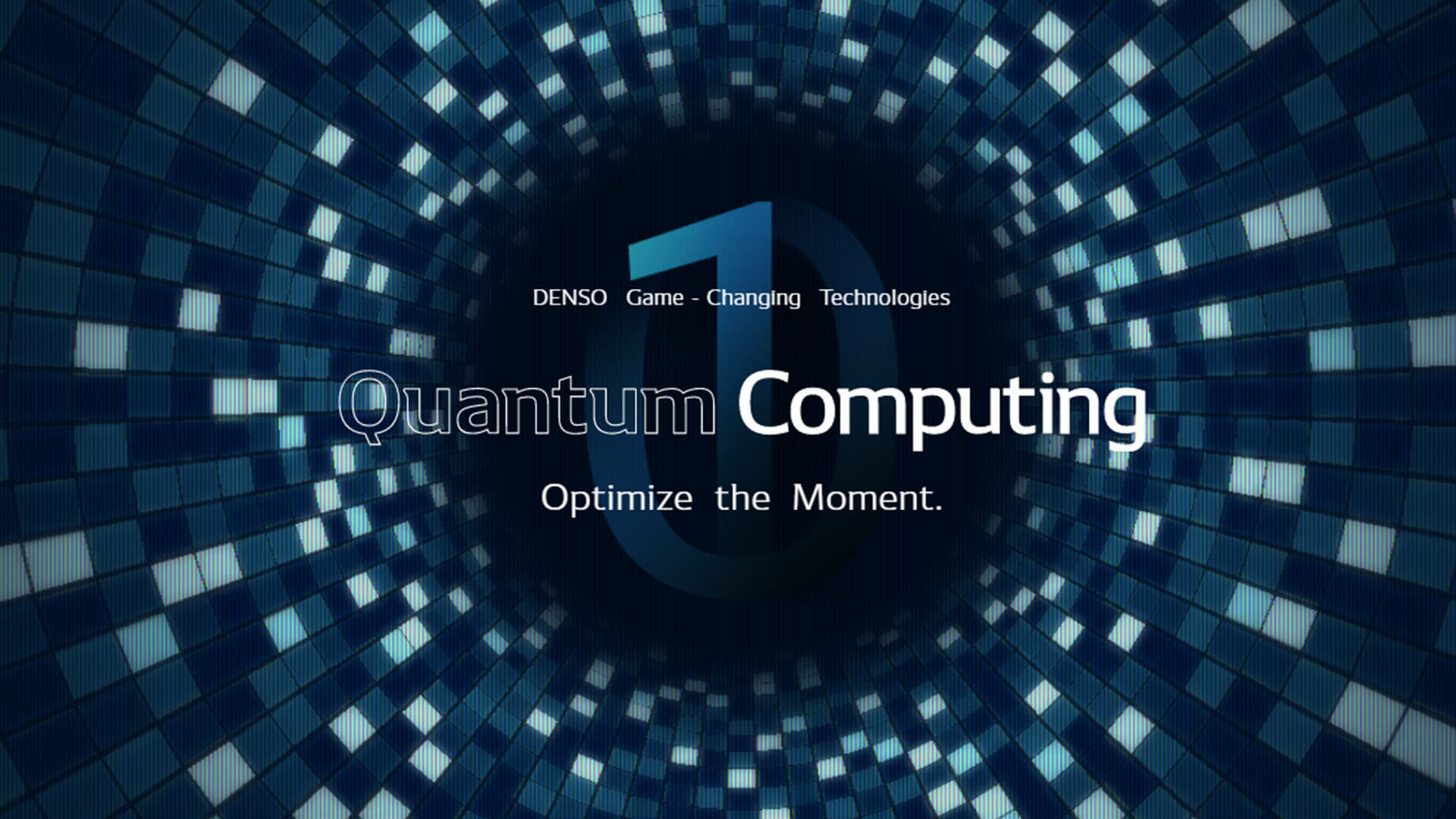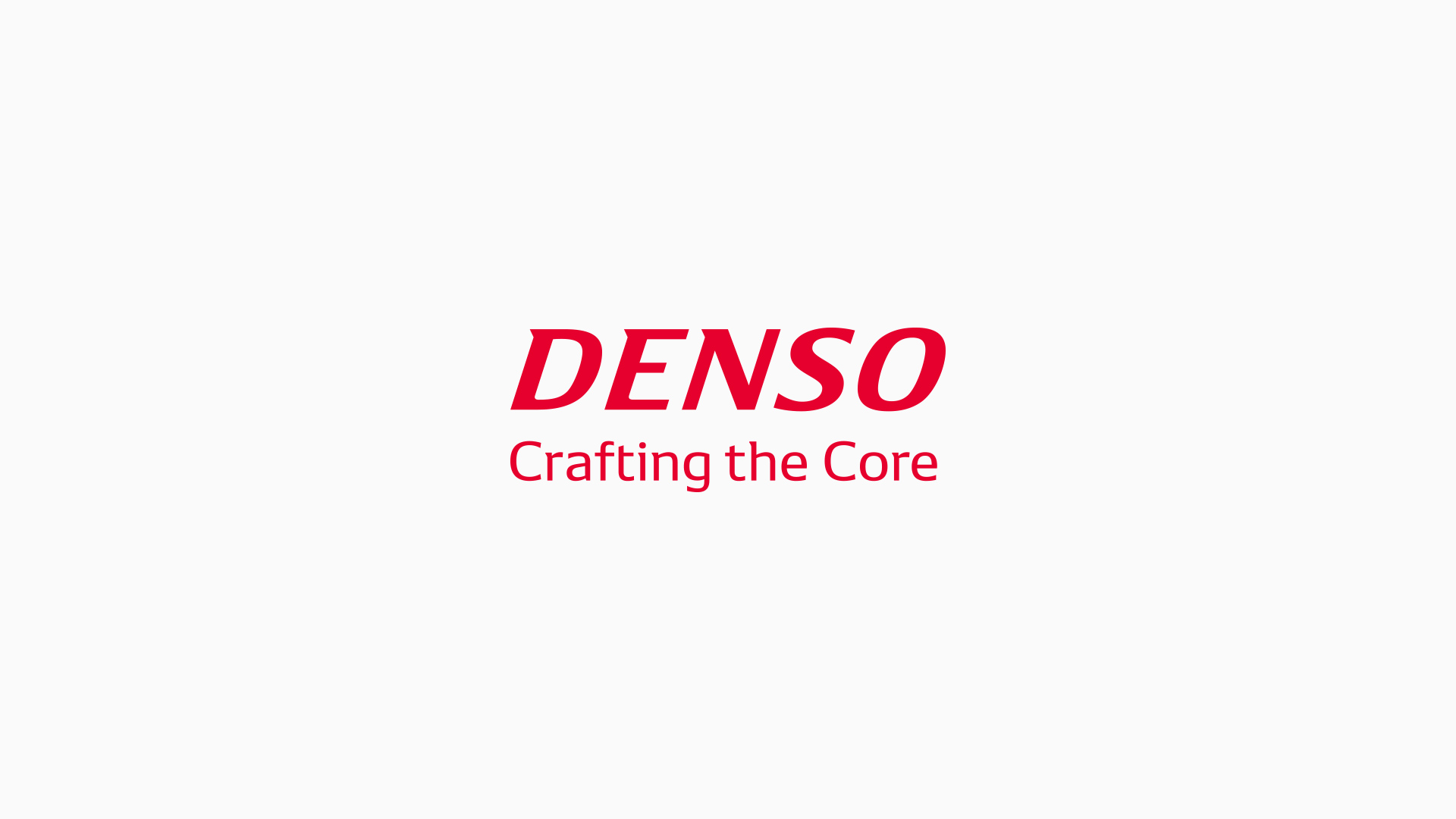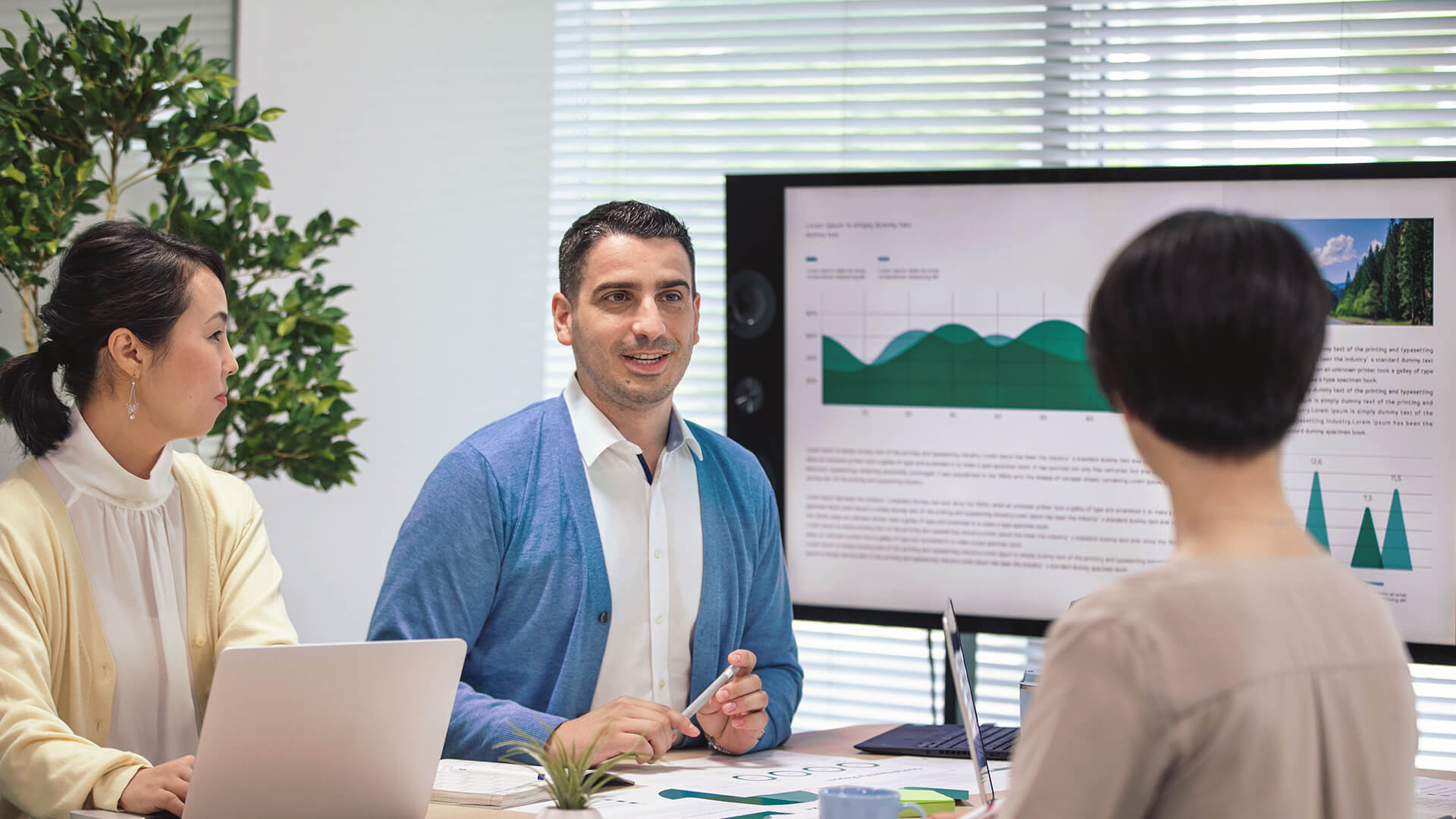Stakeholder Dialogue Fiscal 2011
Date: December 27, 2010
Place: DENSO Tokyo Office
Dialogue themes
Risks and opportunities in future business operations
(1) How should DENSO cope with global warming and biodiversity?
(2) How can we understand and show respect for human rights and diversity, and reflect this when implementing measures?
(3) Other general CSR issues
Participants
Toshihiko Goto (Chair, Environmental Auditing Research Group)
Toshihiko Fujii (Consulting Fellow, Research Institute of Economy, Trade and Industry, IAA)
Wone Akiyama (President, Integrex Inc.)
Facilitator
Hideto Kawakita (CEO, IIHOE: International Institute for Human, Organization and the Earth)
Opinions etc. expressed in the dialogue
Main opinions, expectations, etc. from external and DENSO participants are as follows.
Theme (1) How should DENSO cope with global warming and biodiversity?
(●: Experts, ♦: DENSO)
● The global community will undergo a significant change. Some resources are likely to be depleted by the end of 2030s. When taking action, DENSO should start with defining a desirable future (backcasting) based on the assumption that conventional practices will no longer be sustainable. In the procurement of mineral resources, manufacturers may be held responsible for environmental destruction and human rights issues (e.g. forced labor). DENSO should manage its entire value chain.
♦ We are good at solving current issues, but not in identifying and solving potential issues in the future. We will introduce the concept of backcasting when formulating medium- and long-term CSR plans in-house.
● Water resource issues are so serious that wars may break out in the future. DENSO’s report does not focus much on this point. In reducing CO2 emissions, many companies set their goals by 2020, but the time frame should be expanded to 2050. Environmental conservation activities should be considered based on backcasting.
♦ We also understand that these global issues may have serious consequences. We will review how we can engage in such activities more effectively.
● In the new businesses, environmental conservation should be ensured from aspects that are different from those of conventional business approaches (e.g. ecosystem services). In Europe, there are developments to restrict the import of biofuels because the process for harvesting raw materials for biofuels may involve human rights issues such as child labor. During the R&D to produce fuels from algae, DENSO is required to protect the water environment, and this R&D poses risks of genetic engineering, leakage of algae outside the premises, etc.
♦ Investigation and research are conducted in a national (industry-government-academia) project to determine the potential risks when producing biofuels from algae. Environmental impact assessments are also conducted by experts. We have requested life cycle analysis (LCA) experts to conduct assessments on water issues etc. We will continue to conduct reviews through collaborative research with experts within the framework of the national project.
Theme (2) How can we understand and show respect for human rights and diversity, and reflect this when implementing measures?
(●: Experts, ♦: DENSO)
● As a global company, DENSO should raise its awareness about human rights in various fields. Many companies in Japan believe, incorrectly, that they work on human rights issues properly. However, their understanding is narrowly focused on discrimination. In ISO 26000, human rights are broadly interpreted. In the OECD Guidelines for Multinational Enterprises, provisions about protection of human rights will be extensively revised. DENSO should follow these developments, identify human rights issues in respective regions, and understand common awareness of the global community.
♦ A review is underway to see how we can implement measures to cope with the human rights issues in ISO 26000 in our activities. We will actively hold dialogues with external stakeholders and deepen our understanding about the background of the issues etc. from a global perspective. DENSO head office should identify the status of human rights issues in respective countries and regions and share and solve issues with respective regions. We consider it important to ensure management that respects basic human rights in recruitment, development of human resources, system administration, etc.
● A sense of unity of employees is the driving force necessary to implement the DENSO Spirit. How will DENSO link the spirit with the human resource policy “One DENSO, One HR (human resources)”? In Europe and the U.S., the corporate vision is instilled as a common value to create a sense of unity in employees. “DENSO Spirit and CSR” should be clearly defined.
The relationship with external stakeholders is another important issue. ISO 26000 sets out provisions about resolving grievances, and suggests that a system be established to resolve grievances from external stakeholders. How will DENSO respond if it is asked whether such system is in place? If no such system is in place, DENSO will have to fulfill its accountability to explain why. Let’s assume that DENSO built a plant on an expropriated site without its knowledge…does DENSO have a mechanism to listen to grievances from the local residents?
♦ We make efforts to instill the DENSO Spirit globally. We understand your point, and will review the relationship between the DENSO Spirit and CSR etc. Regarding ISO 26000, we will obtain information and review our corporate response.
● DENSO states that it shares the DENSO Philosophy and many other policies globally, including the Declaration of Corporate Behavior, DENSO Spirit, and Code of Conduct for DENSO Group Associates. DENSO needs to send an impressive and strong message that can be shared by everybody. Under the current circumstances, it is difficult to implement the philosophy and other policies globally; they should be reorganized to some extent.
All employees must be involved to instill the DENSO Spirit, DENSO Philosophy, etc. in-house. Discussions should be held in each workplace about how to reflect the philosophy in each job. Steady efforts should be made on a local basis to embody the philosophy and spirit through work. It is also effective to reflect the extent of sharing and implementation of the philosophy in personnel evaluations, in order to showcase the company’s commitment.
♦ We have been working for many years to instill the DENSO Spirit at group companies in and outside Japan. We explain the background and past activities related to the spirit to help employees embrace it as their own values. In February 2011, we will distribute a booklet presenting the case studies to further accelerate the efforts. Also, we are considering the possibility of holding discussions at each workplace to help employees reflect the spirit in their work. We will steadily make these efforts.
Other general CSR issues
(●: Experts, ♦: DENSO)
● Management of the entire value chain is the key to effective CSR efforts. In the electronics industry, CSR procurement has been promoted. Three years ago, manufacturers only sent survey sheets to their suppliers. Last year, some audited plants; this year, some went further to audit employees’ dormitories. These developments will definitely spread to the auto industry. It is essential to enhance the CSR procurement activities.
♦ In the auto industry, there has been growing momentum to ensure CSR procurement. We have been promoting and enhancing efforts in Japan, but the activities outside Japan have just begun. We will put more resources into CSR procurement.
● Japanese people are good at making improvements, but not in opening up new markets or establishing new rules involving other companies, governments, and NPOs. Active engagement is required to establish rules. DENSO should create a business model to plan and sell products and services with security and safety included in a package, instead of focusing on underlying technologies.
New disciplines will be required in the future. DENSO should actively communicate and share ideas with external stakeholders including government and NPOs from the concept phase. For example, DENSO can help other companies reduce water consumption with its technologies, even if DENSO’s water consumption is small.
♦ DENSO is good at developing underlying technologies, but is poor at commercializing technologies or establishing rules. We will actively communicate with external stakeholders to solicit feedback about possible improvements and reflect them in the commercialization phase. We will also review the possibility of involving employees of product divisions in the dialogues.
● There are three keywords in discussing a future CSR model: contingency, imagination, and ISO 26000.
In terms of contingency, it is important to deliver a persuasive message when a problem arises. Philosophies and principles must be established to anticipate potential problems and cope with problems properly if they arise. In terms of imagination, it is essential to use one’s imagination about future problems and their impact on the company’s own business fields and society.
ISO 26000 serves as an ideal textbook and as a tool to use one’s imagination. ISO offers guidance, and does not require certification. As long as Japan’s industrial circles are involved, commitment is taken for granted. Companies are not punished for violation because there is no obligation. However, they have given indirect consent as long as representatives were sent from Japan to create the standard. Japanese companies must fulfill their accountability whether or not they comply with the provisions. The issue is how we understand ISO.
♦ Regarding our response to ISO 26000, we will identify the scope of our accomplishments and create a roadmap or a similar tool. We will upgrade our activities by referring to the opinions of the experts.
● Efficient management based on selection and concentration can be attained by backcasting. It is important to choose partners to work with. Conventionally, companies sought internal partners who shared the same values. It is time to share values with external partners. The next dialogue should be held nearer to worksites to involve many employees.
A message from the secretariat
When DENSO started to work on CSR management, the keyphrase was to “become a truly global company.” About five years later, the company has globalized in sales, personnel, etc. However, we still have a long way to go in terms of growth as a globally reputable company. In FY2011, we need to come up with a new long-term initiative. We are determined to conduct a review with relevant departments and upgrade CSR activities based on valuable guidance and opinions from experts.
(CSR Promotion Dept., Corporate Planning Div.)



